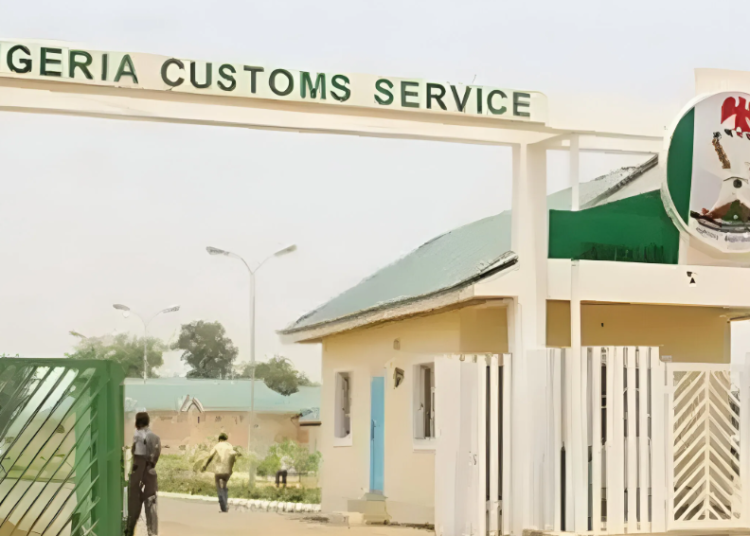The Nigeria Customs Service (NCS) has announced the suspension of the planned implementation of the 4% Free-on-Board (FOB) charge on imports, as stipulated in Section 18(1)(a) of the Nigeria Customs Service Act (NCSA) 2023.
The decision follows ongoing consultations with the Minister of Finance and Coordinating Minister of the Economy, Mr. Olawale Edun, and other key stakeholders.
In a statement issued by the Assistant Comptroller of Customs and National Public Relations Officer, Abdullahi Maiwada, the NCS explained that the suspension would allow for extensive stakeholder engagement to ensure a seamless implementation framework.
The timing coincides with the expiration of the contract agreement with service providers such as Webb Fontaine, which were previously funded through the 1% Comprehensive Import Supervision Scheme (CISS). This presents an opportunity for the Service to reassess its revenue structure holistically.
Under the previous funding model, the separation of the 1% CISS and the 7% cost of collection created operational inefficiencies and financial constraints in customs modernization. The NCSA 2023 seeks to address these issues by consolidating “not less than 4% of the FOB value of imports” to provide sustainable funding for critical customs operations and modernization efforts.
ALSO READ:Nigeria:NCS APPOINTS COMPTROLLER ORAMALUGO AS SEME AREA CONTROLLER
The temporary suspension will allow the NCS to refine its management strategies to enhance service delivery and align with national interests.
Additionally, the NCSA 2023 empowers the NCS to modernize its operations through technological innovations. Section 28 of the Act authorizes the development and maintenance of electronic systems for seamless information exchange between the NCS, other government agencies, and traders.
Customs has already deployed digital solutions such as the B’Odogwu clearance system, which has improved transparency and expedited cargo clearance. Other modernization initiatives backed by the Act include the Single Window system (Section 33), risk management systems (Section 32), non-intrusive inspection equipment (Section 59), and electronic data exchange facilities (Section 33(3)).
The NCS reaffirmed its commitment to engaging with stakeholders to ensure a well-structured implementation of the Act’s provisions while upholding its revenue generation and trade facilitation mandate. A revised timeline for the FOB charge implementation will be announced following the conclusion of stakeholder consultations.






























































